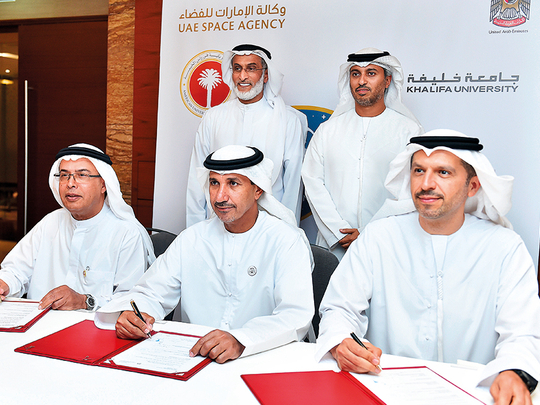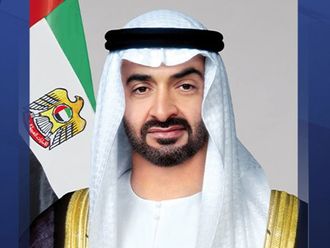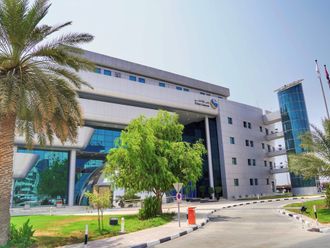
Dubai: Students from two universities in the UAE will now have a chance to work on a nano satellite which will be launched into space by the end of next year.
On Tuesday, the UAE Space Agency (UAESA) signed an agreement with Khalifa University (KU) and American University of Ras Al Khaimah (AURAK) to launch a space programme for students.
Funded and supervised by the UAESA, the space programme will see 15 students from the two universities work with the agency’s engineers to develop MeznSat, the country’s first environment monitoring CubeSat.
Part of the efforts to develop the local satellite building capacity as well as meeting the strategic goal of improving the environment, the project will see undergraduate students design and construct the MeznSat before using it to collect and analyse data on carbon dioxide and methane levels around the UAE.
“The project seeks to realise the Space Agency’s strategic goals of capacity development, promoting scientific research and coordinating national space sector activities,” said Abdullah Khalifa Al Marar, acting head of Space Projects at UAESA.
MeznSat will be developed by undergraduates at AURAK, who will avail themselves of the world-class facilities available at Masdar Institute. The satellite is to be launched in late 2019 from a site in Japan, in coordination with the Japan Aerospace Exploration Agency (JAXA).
“Once in orbit, the team of students will then monitor, process and analyse the atmospheric data from a ground station in the UAE. It will help monitor greenhouse emissions and will give us an insight into the sources of CO2 and methane,” added Al Marar, who is the project manager for MeznSat.
The project will support Emirati youth in developing the skill sets necessary for the UAE’s ambitious National Space Programme and its future projects.
Using a visible camera as well as a short-wave infrared spectrometer, the CubeSat will measure the abundance and distribution of methane and carbon dioxide in the atmosphere.
It will also provide valuable insight into the concentration of nutrients in the coastal waters of the Arabian Gulf, which will allow for more accurate predictions of algal blooms and supports the timely implementation of relevant precautionary measures.
A 3U CubeSat (dimension of 10cm by 10cm by 10cm), satellites such as MeznSat offer distinct advantages for developing relevant skill sets among students and early career professionals in the space sector, providing an accessible educational platform for satellite engineering and management. Generally weighing a little more than one kilogram, the satellites can be launched as additional payloads aboard third-party launches for relatively low costs.












